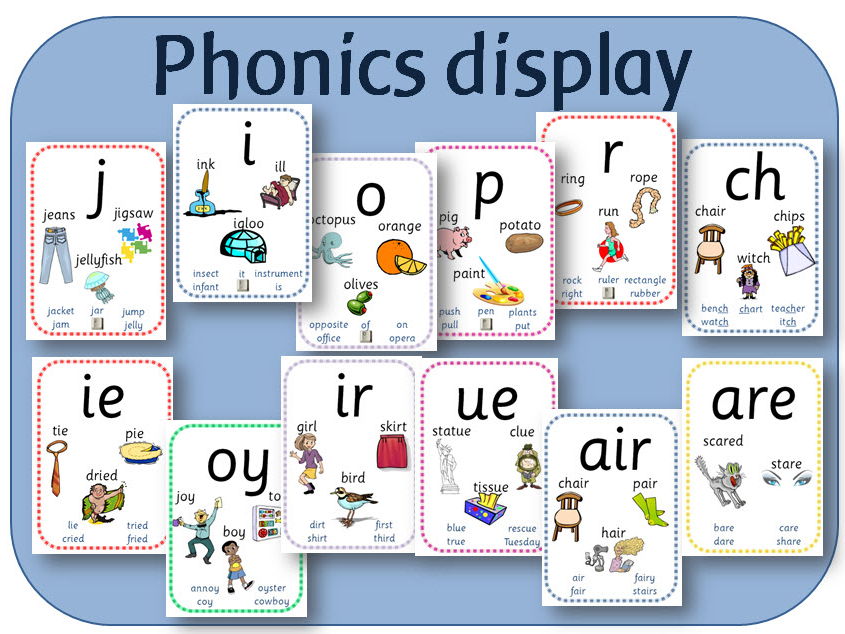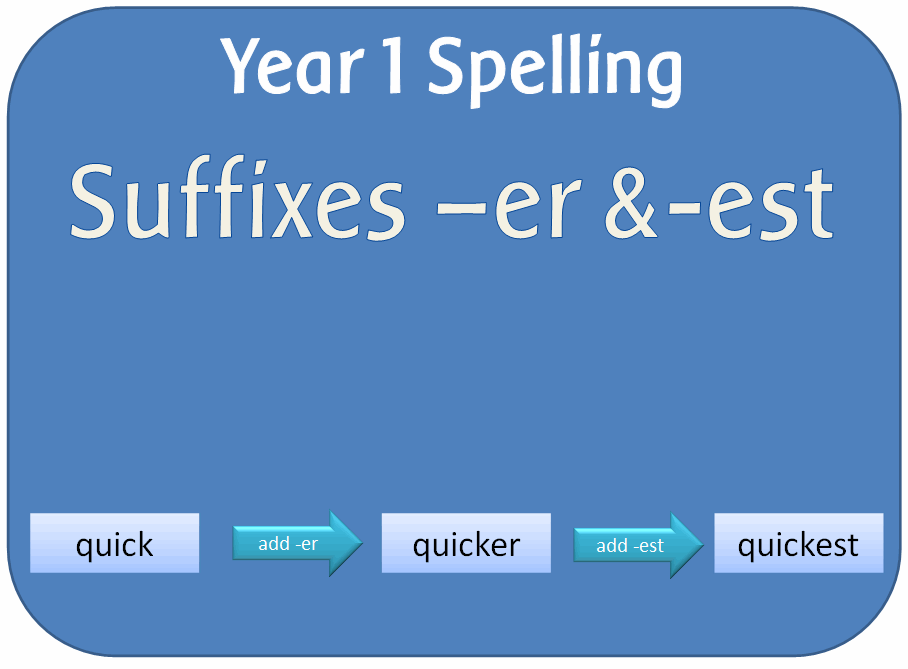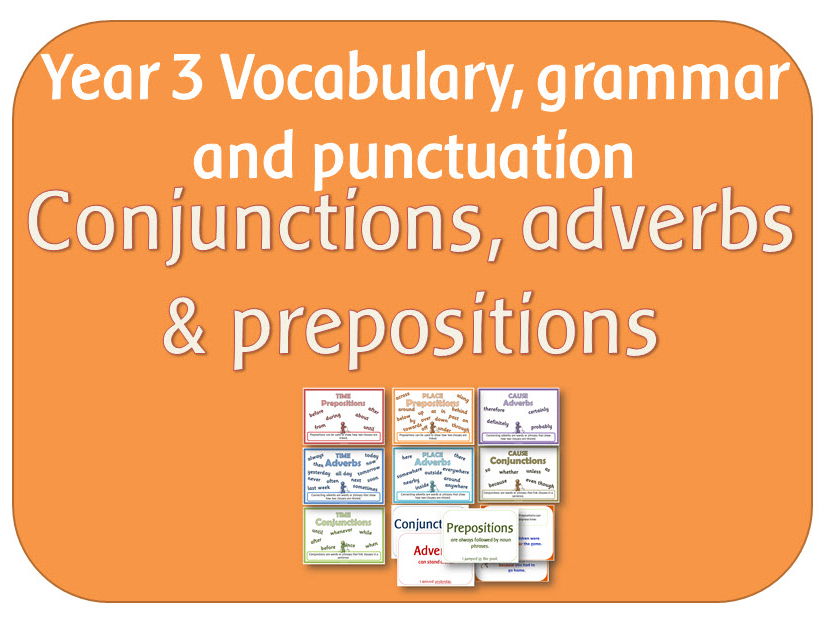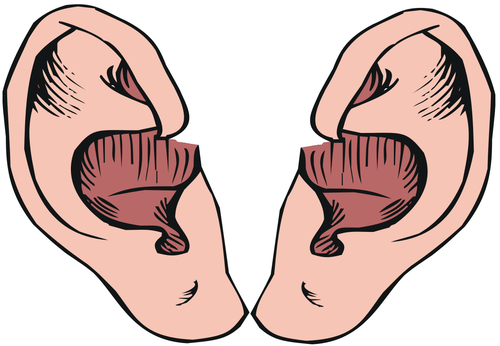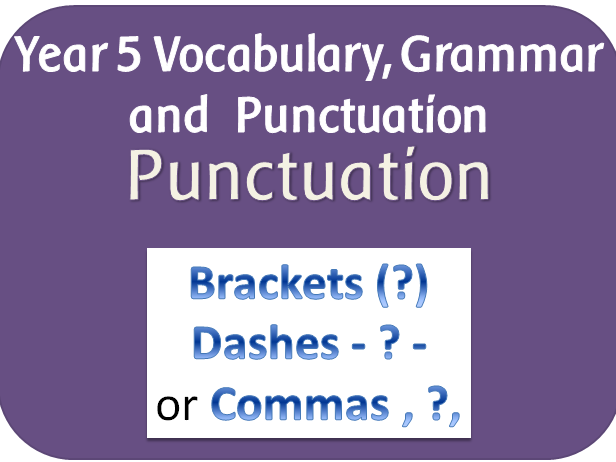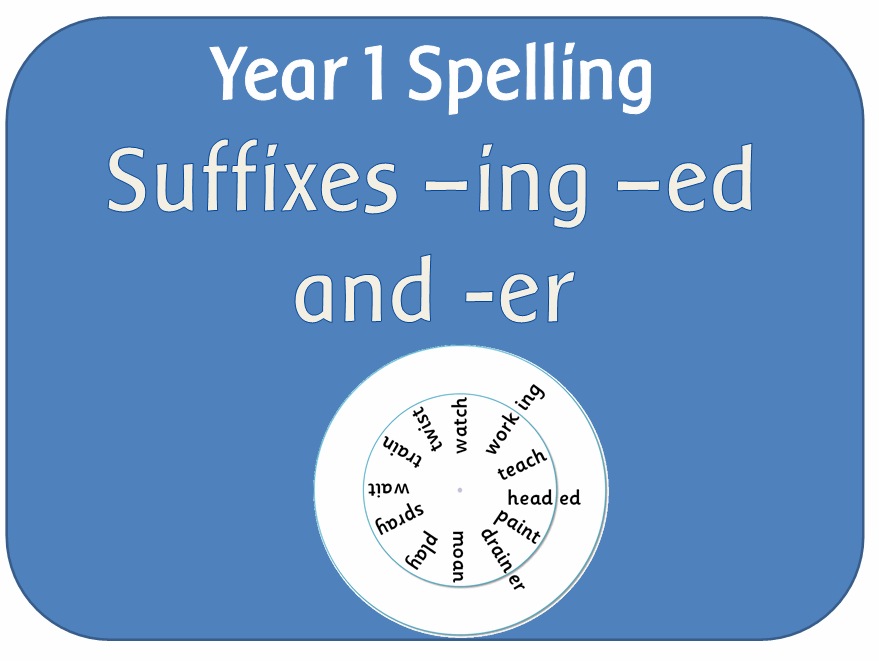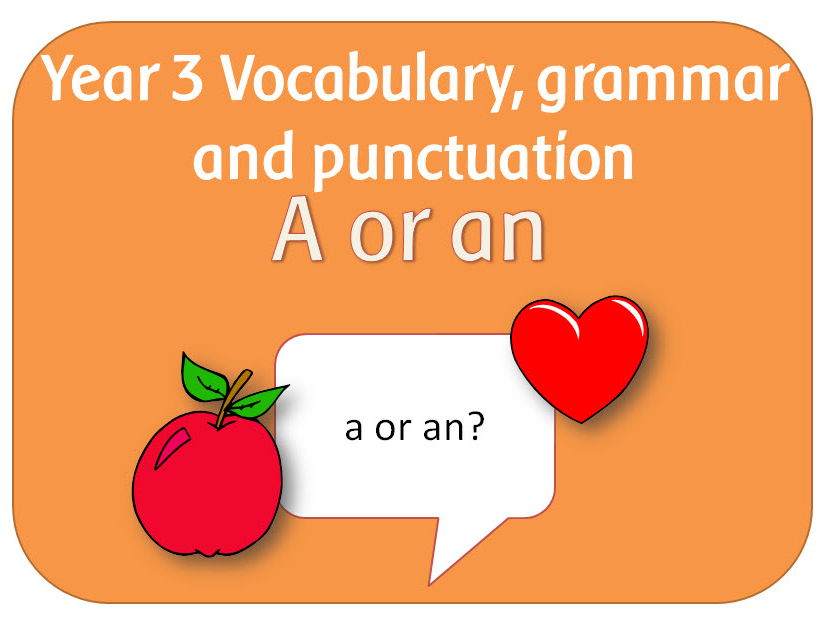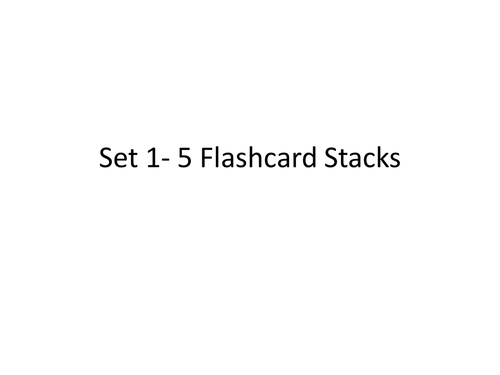
404Uploads
1070k+Views
682k+Downloads
English

Phonics flashcards
A set of 76 phonics display/flashcards to use in KS1.
There are 2 A5 cards on a page. Each card contains pictures and a list of words including the relevant common exception words for Year 1.
The first set contains the letters of the alphabet.
The second set contains the consonant digraphs and vowel digraphs and trigraphs in the Y1 Spelling appendix.
The third set contains extra graphemes identified in the Letters and Sounds phonics programme.

Handwriting sheets for KS1: lower and upper case letters and digits
This set contains a variety of writing worksheets to promote correct letter formation.
The font used throughout is Sassoon, plus a slanted dotted handwriting version in the lower case letter packs
PENCIL CONTROL SHEETS: A range of pre-letter formation sheets to get children used to the directions and actions needed for writing letters
Arches
Crosses
Curls
Lines
Peaks
Snakes
Zigzags
Zeds
LOWER CASE LETTERS: This set consists of 4 folders of different handwriting families
SET 1: Downward strokes
Dotted letters l t i j
Dotted letters u and y
Sassoon letters l t i j
Sassoon letters u and y
All downward letters
SET 2: Down and retrace
Downward letters b k h dotted
Downward letters m n r p dotted
Sassoon downward letters b k h k (2 versions with curly/straight k)
Sassoon downward letters r m n p
All down/retrace letters
SET 3: curly letters
Curly letters a c o dotted
Curly letters d g q dotted
Sassoon curly letters a c o
Sassoon curly letters d g q
Sassoon curly letters e f s (curly and straight versions of f)
Sassoon curly letters c o a d g q
SET 4: Zigzag letters
Dotted zigzag letters v w z x
Sassoon zigzag letters v w z x
Plus a digit formation 0-9 sheet
CAPITAL LETTERS: These are divided into similarly formed letters
Curled capitals C G O Q S
Capitals diagonal X Y V W
Capitals straight E F H I L T
Capitals straight then diagonal A M N Z K
Capitals straight then curled B D P R U J
DISPLAY / ACTIVITIES
Topic covers - 5 different versions with the heading 'My Handwriting Book' for children to keep their work together.
Hollow letters: Each letter prints onto 1 A4 sheet. Can be laminated for finger painting etc, or used as activity sheets. There are two versions, one with large letters filling the page, the other with smaller letters.
Lower case letter formation: This can be used for display as a reminder of correct letter formation, or laminated and used in practical activities. The posters show fingers pointing where to begin writing, where to end, and which way to go - children can see at a glance if they are forming their letters correctly.
BLANK HANDWRITING SHEETS
Two different versions with different line widths.
Where possible, alternate ways of writing k and f are included.

Year 4 Vocabulary grammar and punctuation terminology posters
A set of A4 posters to print and display.
They contain all the 'terminology for pupils' identified in Appendix 2 for Year 4:
Determiner; Pronoun; Possessive pronoun; Adverb; Adverbial; Fronted adverbial; Plural; Verb inflections; Nouns; Possessive apostrophe; Sentence; Punctuation

SPaG Year 1 Spelling pack: Adding er and est to adjectives
A set of resources to teach the guideline/rule in the Spelling Appendix:
if the adjective ends in two consonant letters (the same or different), the ending is simply added on.
POWERPOINTS:
Adding er and est for comparisons: Explains that er and est can be added to words for comparison and shows examples in a single word and in sentences. It ends with an activity for children to add er and est to words, then form sentences using the suffixes er and est.PDF:
PDF:
er and est sentences worksheet: A list of words to add er and est to, and space for the children to write sentences with them in.
er and est word cards: For games and activities.
WORD:
Outline adaptable plan

Spag Punctuation posters: KS1 KS2 Years 1 to 6 display pack
A set of 22 A4 posters describing, naming and explaining different types of punctuation
The posters cover all the punctuation outlined in the English National Curriculum.
The titles of the posters are:
Punctuation
Capital letters
Spaces
Sentence
Full stop
Question mark
Exclamation mark
Apostrophes for contractions
Apostrophes for ownership
Comma
Commas for lists
Inverted commas
Ellipsis
Hyphen
Colons to introduce a list
Colons for independent clauses
Semi-colon
Bullet points
Dash
Brackets
Plus 2 'DO NOT...' posters:
Do not use an apostrophe for 'its' when it is a possessive adjective
Do not use an apostrophe for plurals
Each poster contains the title and explanation and an image / examples
Plus a 'Punctuation' banner that prints onto 3 A4 pages and a border to frame a display.

SPaG Year 3 Sentence Grammar: Time, place & cause using conjunctions, adverbs & prepositions
Includes a powerpoint, vocabulary cards and a set of posters.
POWERPOINT: explains the difference between conjunctions, adverbs and prepositions, giving examples of where and how to use them.
4 sets of display:
SET 1 Time place and cause connectives: This set contains 3 headings and sets of words in clouds to display around the headings time, cause and place. There are blank clouds for you to add your own.
SET 2) Conjunctions adverbs and prepositions cards: In this set there are 5 words per A4 page which can be cut up for display. The words are organised into conjunctions, adverbs and prepositions with an A4 title for each.
SET 3) Conjunctions, adverbs and prepositions posters: These posters splits the connectives into sets of Time/Cause/Place and conjunctions/adverbs/prepositions. There are 7 A5 pages plus a title page.
SET 4) Co-ordinating and subordinating conjunctions: These posters explain the difference between the two types of conjunctions and give examples of each in clouds.

Phase 1 Aspect 1 Environmental Sounds Letters and Sounds Phonics resource pack
A mixture of powerpoints and printable activities to encourage sound discrimination by listening to sounds in the environment.

SPaG Year 5 Punctuation: Parenthesis (brackets, dashes, commas) and commas to clarify meaning
This pack contains 2 powerpoint lessons:
Parenthesis: How brackets, dashes or commas can be used to indicate parenthesis.
Commas: Gives examples of what can happen if commas are omitted, and how they are important to the intended meaning.

Guy Fawkes, Bonfire Night and the Gunpowder Plot - 2 powerpoints, 12 display files and 15 activities
A powerpoint story of Guy Fawkes, the Gunpowder Plot and why we celebrate Bonfire Night, with classroom activities to print and display resources.
Guy Fawkes - Two versions; one for KS1 and one for KS2. It details Guy Fawkes' life, and how he became involved with the other conspirators of the Gunpowder Plot; it explains how he was caught, and why people now celebrate Bonfire Night.
ACTIVITIES:
Bonfire night acrostic poem
Bonfire Night topic cover
Fire border for displaying work
Fireworks border
Gunpowder plot and Guy Fawkes sequencing
Gunpowder plot black and white pictures (for colouring/display)
Gunpowder plot cards
Gunpowder plot word mat
Guy Fawkes topic cover
Letter to Mounteagle
Newspaper report x 4 - Guy Fawkes, The arrest and The conspirators
Blank scroll
DISPLAY
A-Z Flame lettering
Bonfire Night banner
A4 title
Large lettering Bonfire Night
Fireworks border for displays
Confession letter of Guy Fawkes
Guy Fawkes title
Main conspirators poster
Portraits of James I and Guy Fawkes
Posters - Guy Fawkes and the Gunpowder plot
The Fireworks code
The Gunpowder plot pictures

SPaG Year 1 Spelling pack: Adding the endings ing ed and er to verbs
A set of resources to teach the guideline/rule in the Spelling Appendix:
Adding the endings ing ed and er to verbs where no change is needed to the root word
POWERPOINTS:
Adding ing: Explains what a verb is and how ing can be added to verbs where no change in spelling is needed. Ends with an activity
Adding ed: Explains what a verb is and how adding ed changes the tense of the verb to the past tense. It ends with an activity
Adding er: Explains the effect of adding er to a verb and gives examples. Ends with an activity for the children to add er to verbs.
PDF:
Adding suffixes er ing ed: A list of words in a grid to add suffixes to.
Word wheel - Adding ed and ing: Verbs and suffixes for word building activities.
Word wheel - Adding ed, ing and er: Verbs and suffixes for word building activities.
WORD:
Outline adaptable plan

Introduction to reading and writing sentences Y1 Year 1
These resources introduce the concept of a sentence and show how to write a sentence.
POWERPOINTS:
Introduction to sentences: Explains what sentences and punctuation are. It reinforces the importance of capital letters, full stops, question marks or exclamation marks, and spaces in-between words.
How to compose a sentence: Introduces the concept of sentence writing, and how the children should think about and then say the sentence before they write it down, remembering to read through and check their work when finished.
“I can” sentences: simple sentences for the children to read. The vocabulary gets progressively harder, from simple CVC words to using long vowel graphemes and blends.
Jake’s Full Stop: A story demonstrating how important it is to put full stops in the right places.
Picture sentences: Find the correct sentence out of four to match the picture.
Joining sentences with ‘and’: Demonstrates how text can become more interesting when ‘and’ is used to join sentences. Ends with sentences for the children to join with the word and.
Words that fit: Find the words that can be substituted in the sentence.
Sentence building: Jumbled up words that need arranging into sentences. Suitable for a class writing activity.
WORKSHEETS (PDF) - to accompany the PowerPoints
Worksheets: 15 different worksheets to accompany the lessons, including -
A checklist when writing sentences
Finish the ‘I can’ sentences
Write the words that fit
Write sentences about a picture
Punctuation story
Match the sentences
Cut and make a sentence
The worksheets are in both colour and black and white.
Some of the PowerPoints include a linked video to watch. This is a link shared through SafeShare T.V., a program that filters adverts and unwanted commercials from the clip. You may need to check if you can access this in school.
The links were checked before uploading, but if any don’t work, feel free to contact me.

SPaG Year 3 & 4 Spelling: The /k/ sound spelt ch
Resources to teach the spelling guidelines for words with the /k/ sound spelt ch
POWERPOINT:
The /k/ sound spelt ch: Explains that these type of words come from the Greek language. It gives examples of the most common words with this grapheme, then ends with a writing activity.
PDF (PRINTABLE) RESOURCES
Look Write Cover Check: For spelling practice
Ch for the k sound worksheet
Ch for the k sound picture worksheet
Wordsearch
Although every effort has been made to check wordsearches for unintentional inappropriate words, it is recommended that teachers double check them before giving to children.
TEACHER RESOURCES
Word list
Adaptable outline plan

SPaG Year 3 Grammar: Paragraphs, headings, sub-headings and present perfect form of verbs
POWERPOINTS:
Paragraphs:An introduction to paragraphs, explaining what they are and how to write them.
Headings and sub-headings:An introduction to headings and sub-headings, explaining what they are and where and how they can be used.
Present perfect:Explains what the present perfect tense is and how it is formed. It ends with sentences for the children to rewrite using the present perfect tense.
PDF activity: Present perfect worksheet

Letters and Sounds Phonics tracking assessment booklet Phases 2 - 6
This is a 9 page booklet in Microsoft word and a copy in pdf which assesses phases 2, 3, 4, 5 and 6. It is written in Sassoon Infant font which is embedded in the file so will work even if you do not have it installed on your computer.
It includes assessment of letter sounds; tricky words; CVC words; non-word reading tasks; oral blending and oral segmentation; consonant digraphs; vowel graphemes; letter formation; alternative pronunciation for graphemes; alternative spellings for phonemes; and progression of reading skills in phase 6.
The Microsoft Word file can be edited and changed if needed.

EYFS Rhythm and Rhyme phonic activities resource pack
This pack is a collection of PowerPoints and printable resources in pdf. It will help give children experience how words rhyme, and to develop an awareness of rhythm in speech. Listening to and joining in with rhymes and playing rhyming games help children to develop skills to know how letters correspond to sounds.
Fits in with Letters and Sounds Phase 1.
PRINTABLE GAMES AND ACTIVITIES:
• Dominoes – showing pictures of simple cvc words
• Odd one out cards – print, cut and laminate for a rhyming game
• Rhyming pairs – 40 images showing pictures of rhyming pairs. There are 4 per A4 page so can also be used for display or flashcards
• Rhyming soup game – A printable version of the powerpoint. The children have to make a soup out of rhyming objects (eg snake, cake, rake etc)
• Rhyming words bingo – 4 bingo cards with 7 pictures each.
• Two rhyming worksheets
•
DISPLAY:
• Large lettering: Rhymes (one letter per A4 page, if you want them smaller you can alter the print settings.)
• Large lettering: Rhyme Time(one letter per A4 page, if you want them smaller you can alter the print settings.)
• What rhymes with….posters – A set of 6 A4 colourful posters with pictures of rhyming words. Rhymes include what rhymes with…can / hat / pot / bug / cap and zip.
POWERPOINT GAMES:
• Can you think of words that rhyme - Simple introduction to rhyming.
• Making up rhymes - Explains rhyming words, and then encourages the children to make up rhymes using the images.
• Odd one out - Find the picture that doesn’t rhyme from a choice of 3, with immediate feedback.
• Playing with words - 20 images of words with longer syllables.
• Rhyming pairs - Find the rhyming pair from a choice of 3, with immediate feedback.
• Rhyming puppets - 14 name rhymes for the children to finish.
• Rhyming soup - ake - An interactive version of the game, the children click on the object to put it in the soup bowl.
• Rhyming soup - an
• Rhyming soup - at
• Rhyming soup – ip
• Rhyming soup – ox
• Rhyming words - 11 sets of rhyming words, encouraging the children to make up rhymes with them.
• Words that rhyme - Find the 2 pictures that rhyme from a choice of 3.
•
POWERPOINT RHYMES:
• A pig who was big - 9 rhyming verses about pigs
• Action Rhymes - 8 different rhymes: Two little feet / I wiggle / This is the way / Wind the bobbin up / A sailor went to sea / Jack-in-the-box / Clean up/ I’m a little teapot / Row your boat.
• 5 fat peas
• Dingle Dangle Scarecrow
• Down in the jungle
• Head, shoulders, knees and toes
• Katalina Matalina
• Peanut butter
• Ten fingers
• The Farmer’s in his den
• The wheels on the bus
• There was a princess

Rapunzel Fairy Tale activity pack - Powerpoint story, display resources and activities
A story of Rapunzel, plus writing sheets, wanted poster, sequencing pictures, book cover; display border and heading.

The Gingerbread Man resource pack: powerpoints display activities and masks
A large pack of resources. It includes:
POWERPOINTS:
The Gingerbread Man Story
The Smelly Cheese Man (an alternative version of the story)
The Gingerbread Man poem
ACTIVITIES
Acrostic poem (spelling out Gingerbread Man)
Blank speech / thought bubbles: 8 different sizes and shapes to print out and fill in.
Counting cards: 0 to 20 in numerals and Gingerbread Man faces to match up / play snap etc.
Vocabulary cards: 18 words and matching pictures. Can be used for games, display or labelling activities.
Counting cards: Cards to laminate different numbers of Gingerbread men and a box for writing in the number.
Characters to print and use for stick puppets
Larger characters - 2 per A4 page for display / other activities.
Gingerbread Man clipart: black and white to colour
Gingerbread Man clipart: Colour
Gingerbread men to print: Large men in black and white, different versions, to make own faces / clothes etc.
Sequencing pictures: 10 small pictures. The children can cut them up and stick in sequence, or they can be laminated and used for an activity.
Story sheets: Contains the same images in the sequencing pictures but there is one picture per A4 page with lines for the children to compose their own story.
Wanted poster
Word mat containing vocabulary needed for the story.
Writing border: 2 different designs; colour and black and white.
DISPLAY
A4 Heading x 2
A-Z lettering - to cut out for display
Lettering/banner: The Gingerbread Man - prints onto 6 pages. There are 3 different designs.
Border: Images of the Gingerbread Man to frame a display
Alphabet a-z in lower case with a gingerbread man background
Number line 0-20 with digits and written numbers with a gingerbread man circle background
The Gingerbread Man poem
MASKS
13 character masks to act out the story.

SPaG Year 3 Grammar: Use of the forms a or an
A powerpoint explaining when to use a and when to use an, with an interactive activity for the children to choose the correct form.

